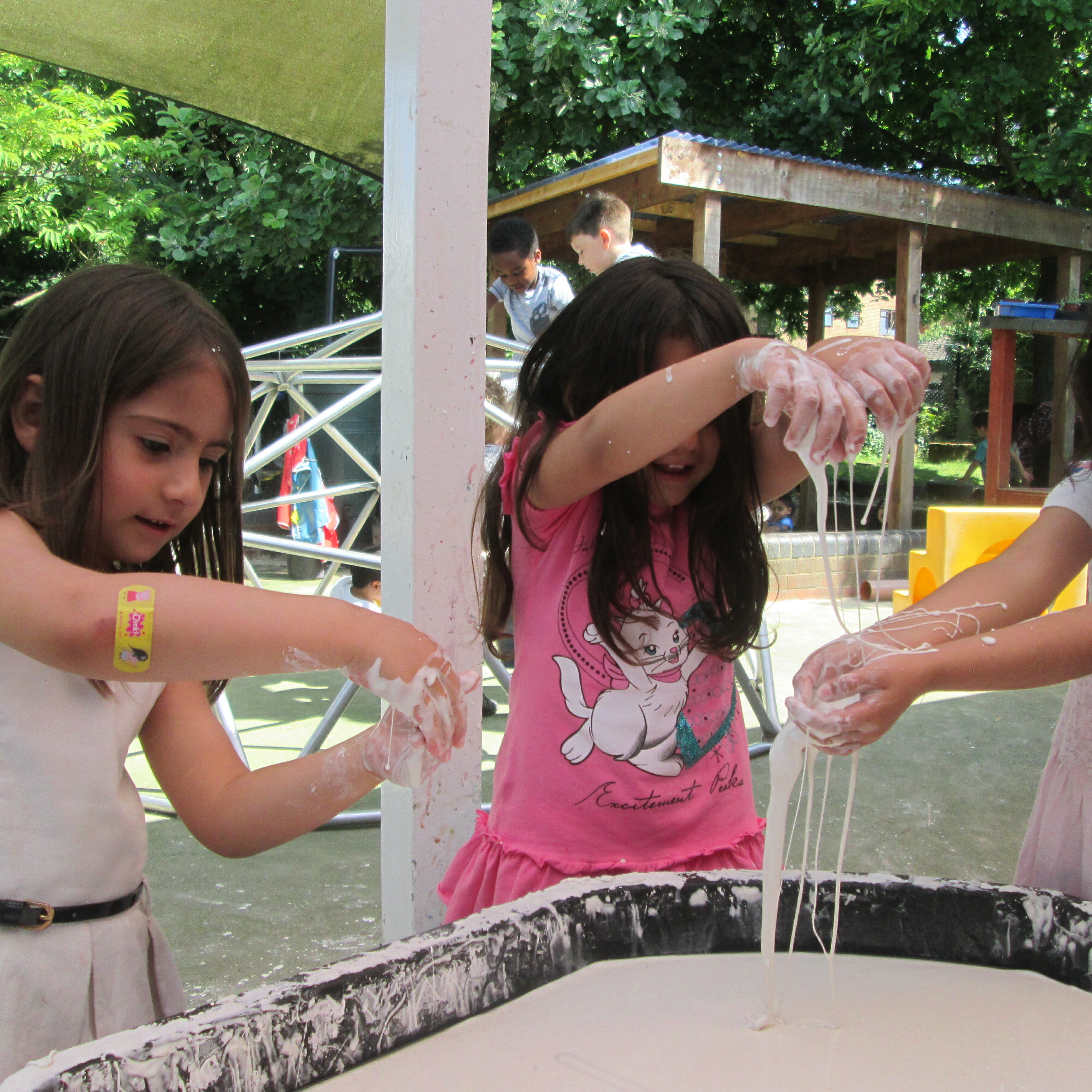CURRICULUM
At Tunstall, we believe that each person is unique in terms of abilities, needs, culture, beliefs, attitudes, language, relationships and experience. We respect and value these and recognise that we are learners throughout our lifetime. We develop competent, confident learners who achieve well. To realise this aim we work in a supportive partnership with parents/carers.
After settling happily and securely into this learning environment, parents/carers and children can continue to develop:
- lively and enquiring minds and the ability to think for themselves
- the ability to work/play on own or with others and be able to co-operate
- a sense of self-esteem and self-confidence with an awareness and respect for the needs of others
- the concepts, attitudes, skills and knowledge they will need through their lives in order to achieve their own potential and make a full contribution to society
- an awareness of and respect for the variety of cultures, customs and religions
- the ability to communicate effectively and creatively with different people in different settings
- qualities of sensitivity and imagination
We believe that young children learn through their play. We provide a stimulating environment which enables children to explore, develop and learn at their own pace. We, as experienced and trained staff, provide support and intervention to further their learning and skills. We follow their interests as well as introducing new experiences and topics, following the Early Years Foundation Stage curriculum. Our learning environment includes indoor and outdoor activities throughout the year.
Personal, Social and Emotional Development is recognised as one of the building blocks of success in life. It supports children’s development by helping them to interact effectively and develop positive attitudes to themselves and others.
Self-Regulation
Managing Self
Building Relationships
Physical development is about how young children gain control of their bodies, and it also includes how children learn about keeping themselves active and healthy and how they learn to use equipment and materials successfully and safely.
Gross Motor Skills
Fine Motor Skills
Communication and Language involves giving children opportunities to experience a rich language environment; to develop their confidence and skills in expressing themselves; and to speak and listen in a range of situations.
Comprehension
Word Reading
Writing
Literacy involves encouraging children to link sound and letters and to begin to read and write. Children must be given access to a wide range of materials to ignite their interest. This includes a range of reading materials and a variety of opportunities to write in all mediums.
Word Reading
Writing
Mathematics involves providing children with opportunities to develop and improve their skills in counting, understanding and using numbers, calculating simple addition and subtraction problems; and to describe shapes, spaces and measures. Children use mathematical words and ideas in their play; have resources for counting, calculating and shape available indoors and outdoors. Stories, songs and imaginative play help with mathematical understanding.
Number
Numerical Patterns
Understanding the world involves guiding children to make sense of their physical world and their community through opportunities to explore, observe and find out about people, places, technology and the environment. This area offers children opportunities to explore and observe the environment, living things and objects; open-ended questions like, “How can we…?” and “What would happen if…?” are used and based on first-hand experiences to observe, predict, make decisions and discuss.
Past and Present
People, Culture and Communities
The Natural World
Expressive arts and design involves enabling children to explore and play with a wide range of media and materials, as well as providing opportunities and encouragement for sharing their thoughts, ideas and feelings through a variety of activities in art, music, movement, dance, role-play, and design and technology. Children value their own unique ideas and those of others rather than reproducing those of someone else; originality and expressiveness are valued.
Creating with Materials
Being Imaginative and Expressive

